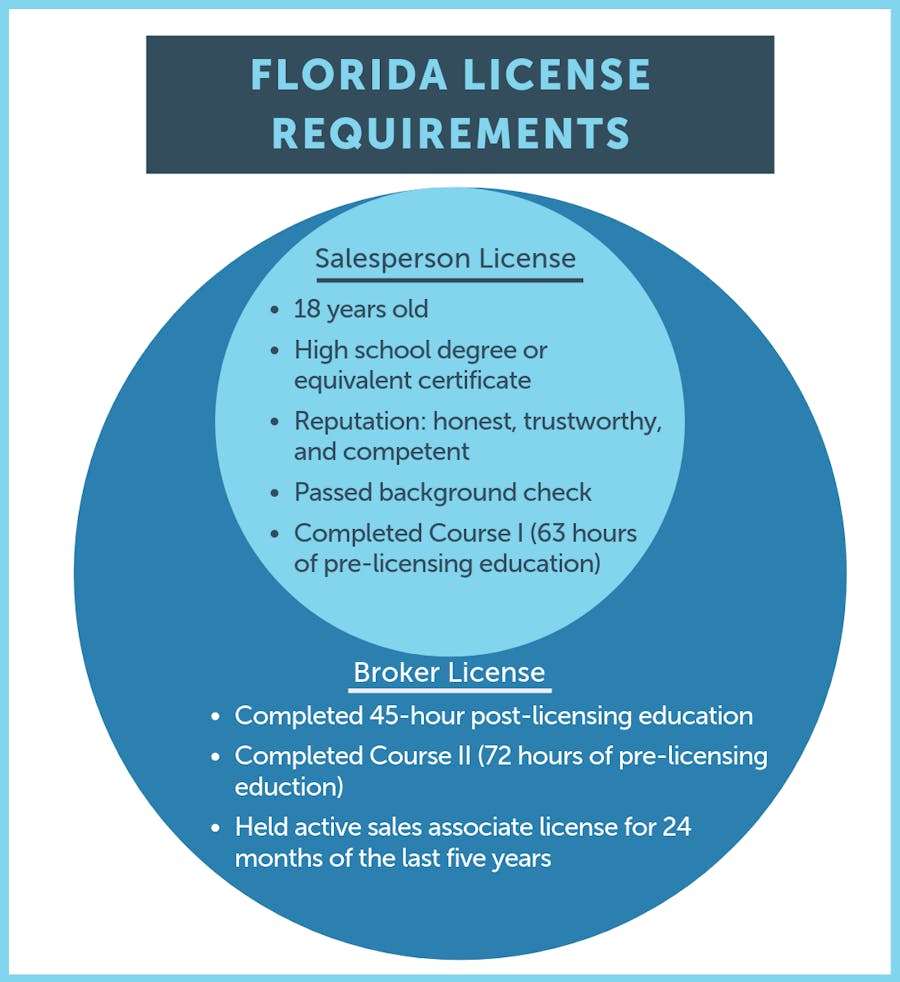
Real estate investments are a great investment option for anyone with a minimum 100k. Real estate investment offers the possibility to create huge equity with very little work. You can purchase a million-dollar home with only 100k down, and then build enormous equity over time.
Real estate is a great investment
Real estate is the best option for those with a few hundred thousand dollars. Real estate not only provides a steady income each year, but can also be a valuable personal asset for the future. If you're looking to diversify your portfolio, investing in real estate can be a good option.

IRAs are a passive investment option
Investing in an IRA can be a good option for 100k investment, and it offers tax benefits. It also gives you more freedom in your investments than a 401(k) plan, with the ability to invest in stocks, ETFs, and alternative asset classes. You can increase your investment over time and take advantage of tax benefits with the right investment strategy.
Mutual funds
You should choose the right type of funds if you have $100k to invest. If you're not careful, stocks can be extremely risky. Bonds on the other side are less risky. But, they offer lower returns. Be aware of your age, overall health, and other factors. Also, think about how long you can afford to keep your money in one place for five to ten years.
ETFs
Consider switching to mutual funds, or exchange-traded securities, if you plan to invest more than 100 000 dollars. These passive investments don't have high fees and can be set to automatically place recurring funds over time. ETFs have many benefits over individual stocks. The barrier to entry is low, making them one of the most preferred investing strategies.
SIPPs for DIY
There are several things you should consider when you decide to invest in DIY SIPPs for your first 100k. First, choose an investment platform. The amount you wish to invest is another important decision. You can check out their SIPP if you want to invest in Vanguard funds. You might also want to consider other SIPP providers like Hargreaves Lansdown and Fidelity.

Investments in a 401(k), have tax-saving benefits
There are many tax incentives to investing in your 401(k). The first benefit of a 401(k) account is its tax-deferred nature. That means that your money grows tax deferred until you take it out at retirement. This tax-deferral advantage is available to both Roth and traditional 401(k).
FAQ
Do I need a mortgage broker?
If you are looking for a competitive rate, consider using a mortgage broker. Brokers can negotiate deals for you with multiple lenders. Some brokers earn a commission from the lender. Before you sign up, be sure to review all fees associated.
What should I look for in a mortgage broker?
People who aren't eligible for traditional mortgages can be helped by a mortgage broker. They shop around for the best deal and compare rates from various lenders. This service is offered by some brokers at a charge. Others offer free services.
What is the average time it takes to get a mortgage approval?
It depends on several factors including credit score, income and type of loan. It typically takes 30 days for a mortgage to be approved.
What are the most important aspects of buying a house?
When buying any type or home, the three most important factors are price, location, and size. It refers specifically to where you wish to live. Price refers to what you're willing to pay for the property. Size refers to the space that you need.
Statistics
- It's possible to get approved for an FHA loan with a credit score as low as 580 and a down payment of 3.5% or a credit score as low as 500 and a 10% down payment.5 Specialty mortgage loans are loans that don't fit into the conventional or FHA loan categories. (investopedia.com)
- Some experts hypothesize that rates will hit five percent by the second half of 2018, but there has been no official confirmation one way or the other. (fortunebuilders.com)
- Based on your credit scores and other financial details, your lender offers you a 3.5% interest rate on loan. (investopedia.com)
- This seems to be a more popular trend as the U.S. Census Bureau reports the homeownership rate was around 65% last year. (fortunebuilders.com)
- Over the past year, mortgage rates have hovered between 3.9 and 4.5 percent—a less significant increase. (fortunebuilders.com)
External Links
How To
How to manage a rental property
Although renting your home is a great way of making extra money, there are many things you should consider before you make a decision. We'll help you understand what to look for when renting out your home.
Here's how to rent your home.
-
What do I need to consider first? Consider your finances before you decide whether to rent out your house. You may not be financially able to rent out your house to someone else if you have credit card debts or mortgage payments. You should also check your budget - if you don't have enough money to cover your monthly expenses (rent, utilities, insurance, etc. ), it might not be worth it.
-
How much does it cost to rent my home? The cost of renting your home depends on many factors. These factors include the location, size and condition of your home, as well as season. Keep in mind that prices will vary depending upon where you live. So don't expect to find the same price everywhere. Rightmove has found that the average rent price for a London one-bedroom apartment is PS1,400 per mo. This means that you could earn about PS2,800 annually if you rent your entire home. That's not bad, but if you only wanted to let part of your home, you could probably earn significantly less.
-
Is it worth the risk? You should always take risks when doing something new. But, if it increases your income, why not try it? Be sure to fully understand what you are signing before you sign anything. It's not enough to be able to spend more time with your loved ones. You'll need to manage maintenance costs, repair and clean up the house. Before signing up, be sure to carefully consider these factors.
-
Are there any benefits? There are benefits to renting your home. Renting out your home can be used for many reasons. You could pay off your debts, save money for the future, take a vacation, or just enjoy a break from everyday life. It is more relaxing than working every hour of the day. You could make renting a part-time job if you plan ahead.
-
How do I find tenants? Once you decide that you want to rent out your property, it is important to properly market it. Listing your property online through websites like Rightmove or Zoopla is a good place to start. Once potential tenants contact you, you'll need to arrange an interview. This will help you assess their suitability and ensure they're financially stable enough to move into your home.
-
How can I make sure that I'm protected? If you don't want to leave your home empty, make sure that you have insurance against fire, theft and damage. You will need to insure the home through your landlord, or directly with an insurer. Your landlord will typically require you to add them in as additional insured. This covers damages to your property that occur while you aren't there. If you are not registered with UK insurers or if your landlord lives abroad, however, this does not apply. In this case, you'll need to register with an international insurer.
-
Sometimes it can feel as though you don’t have the money to spend all day looking at tenants, especially if there are no other jobs. Your property should be advertised with professionalism. A professional-looking website is essential. You can also post ads online in local newspapers or magazines. Also, you will need to complete an application form and provide references. Some people prefer to do everything themselves while others hire agents who will take care of all the details. Interviews will require you to be prepared for any questions.
-
What should I do after I have found my tenant? You will need to notify your tenant about any changes you make, such as changing moving dates, if you have a lease. You can negotiate details such as the deposit and length of stay. Keep in mind that you will still be responsible for paying utilities and other costs once your tenancy ends.
-
How do I collect my rent? When the time comes to collect the rent, you'll need to check whether your tenant has paid up. If not, you'll need to remind them of their obligations. Before you send them a final invoice, you can deduct any outstanding rent payments. If you're struggling to get hold of your tenant, you can always call the police. If there is a breach of contract they won't usually evict the tenant, but they can issue an arrest warrant.
-
What are the best ways to avoid problems? Renting out your house can make you a lot of money, but it's also important to stay safe. Install smoke alarms, carbon monoxide detectors, and security cameras. Make sure your neighbors have given you permission to leave your property unlocked overnight and that you have enough insurance. You must also make sure that strangers are not allowed to enter your house, even when they claim they're moving in the next door.